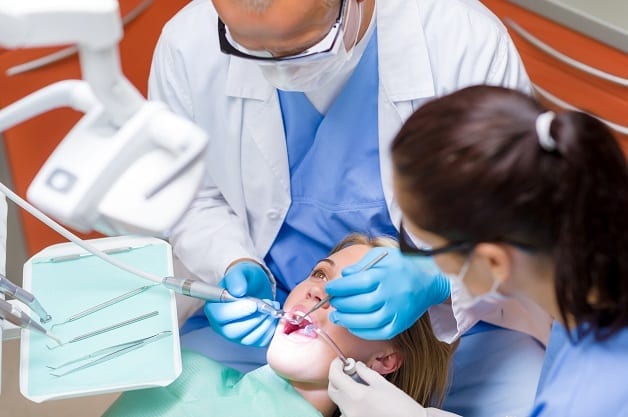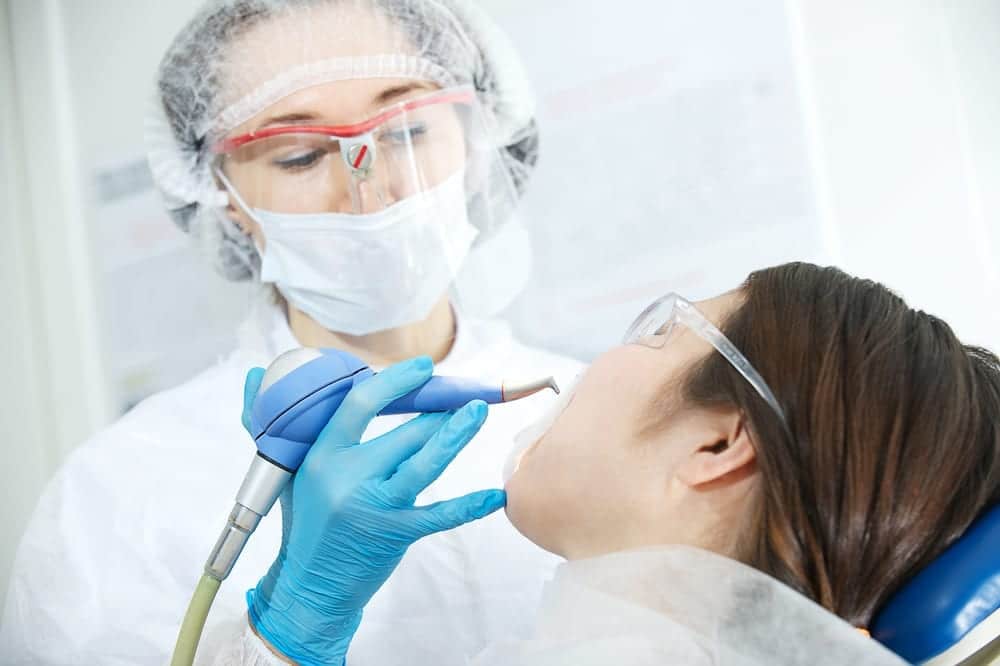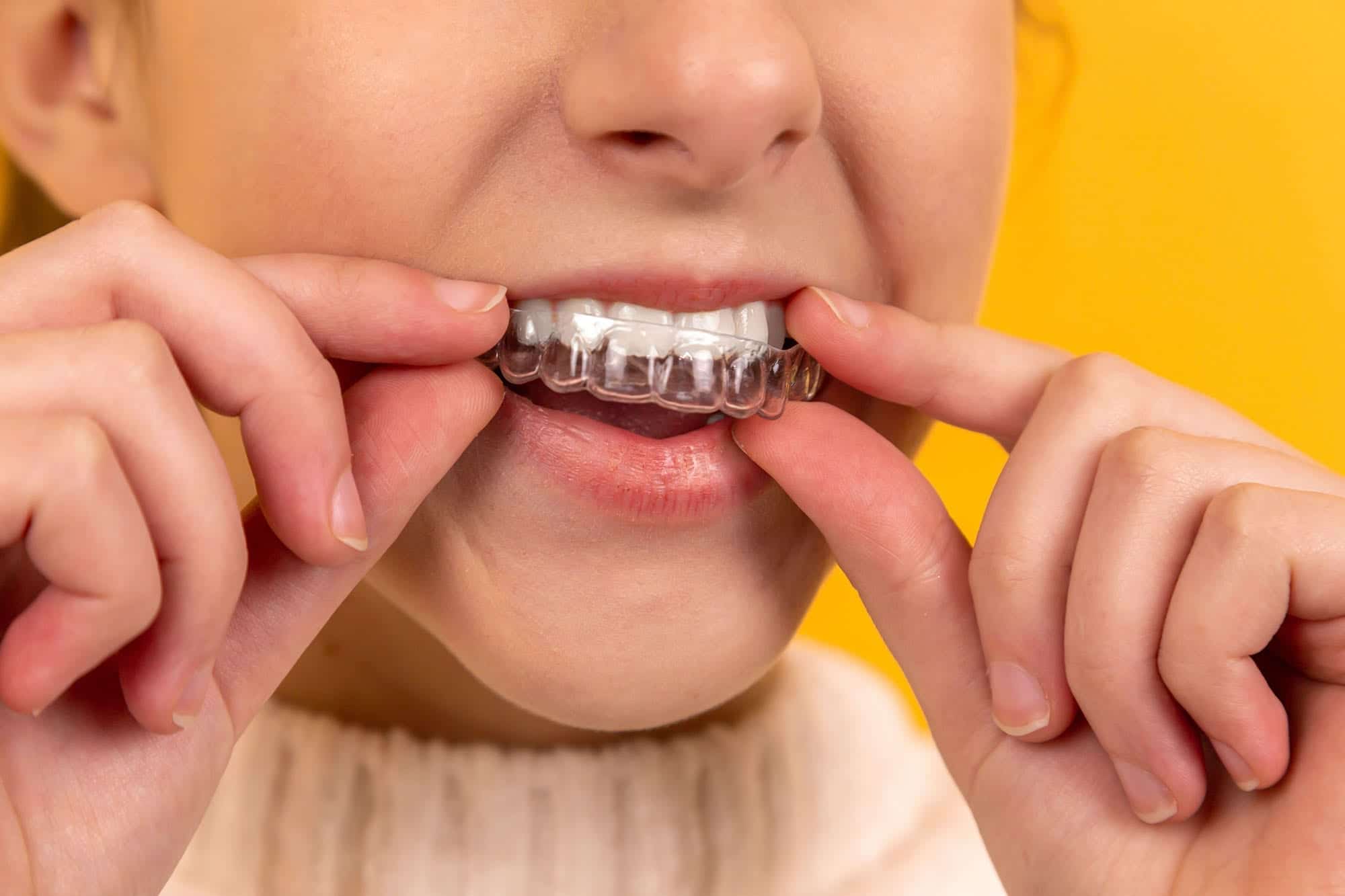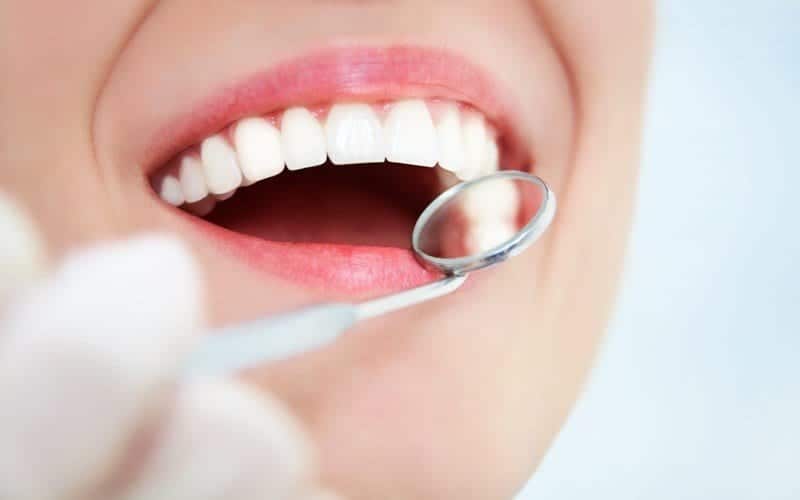The importance of oral hygiene during childhood cannot be overstated. Even though many babies don’t start getting teeth until they’re 6 months old, you should establish good habits on your tyke early on. While some might argue that dental care for children isn’t necessary because milk teeth are supposed to be temporary, you still need to instill good habits from your child so that he doesn’t end up losing his permanent teeth in the future as he grows.
Infancy and Dental Care for Babies
This article on the importance of a child’s dental hygiene encourages parents to make sure that their child’s gums and teeth are taken care of and cleaned properly even before the child turns one. Dentists have similar recommendations regarding dental care for children:
• Baby Bottle Tooth Decay: The importance of pediatric dental care can really be felt with tooth decay from a baby on the bottle. Damage to the tooth enamel of milk teeth can form because of bacteria on the teeth of sugars in foods and beverages of your baby. This is why it’s important to get your child started on dental hygiene from the start, even if it’s through preventive measures.
• Pacifiers: Pacifiers exist to (ostensibly) pacify the baby. Sucking is a normal part of infant development for the sake of comforting uneasy children. Babies suck on the teat of their mother for most of their initial existence, so when they’re weaned from breastfeeding (ditto with bottle feeding), they will suck to compensate. Sucking can also help sate a child who’s teething.
• Teething: Between 3 to 9 months, your baby will have his baby teeth erupt. This eruption is called teething and it’s really annoying for the baby to experience it. It will make him fussy and irritable. Teething can cause loss of appetite, drooling, and restlessness, so be prepared for it with proper dental care.
The Importance of Pediatric Oral Hygiene
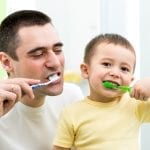
The importance of oral hygiene and preventive care for children should cover their primary teeth as well. Even the health of milk teeth can affect how the permanent teeth erupt as the kid grows older.
• Forming Good Habits Early On: What’s more, establishing basic oral hygiene with teeth brushing, flossing, and mouthwash gargling can pay dividends when it comes to preserving permanent teeth. While milk teeth are practice teeth in a sense, permanent teeth are more expensive to replace when all is said and done. If your kid can take care of his temporary teeth, then he can take care of his permanent teeth.
• Starting Early with Pediatric Dental Care: Pediatric dental care allows your child to keep his primary teeth healthy and keep the permanent teeth from erupting too soon, resulting in potential damage (in the form of cavities) to these irreplaceable teeth (or at least expensive-to-replace teeth) when push comes to shove as far as dental care for children is concerned.
• Preventing Gum Diseases: Unlike with damaging your milk teeth that will fall off anyway once your permanent teeth start erupting and the like, you don’t want to develop gum disease like gingivitis or, worse, periodontitis at an early age. This will result in loose teeth and bacterial pockets to form on your teeth whether they’re primary or permanent teeth.
Why Bother with Taking Care of Baby Teeth?
You should take care of baby teeth because they help establish the child’s bite and the placement of the permanent teeth as your kid grows. That’s why children’s dental care and orthodontics (that is, braces) still work with young kids even though their baby or milk teeth should fall off sooner or later.
Your kid can end up with a scissor bite that needs to be corrected with orthodontics due to genetics and which of his milk teeth falls out. The importance of toothpaste, tooth brushing, flossing, and mouthwash will ensure that food particles won’t encourage the spread of bacteria that will give your child cavities, gum diseases, and other dental complications.
Those milk teeth are also important when it comes to letting your child speak clearly (without a lisp from missing teeth), chew food, and properly bite. The importance of oral hygiene in daily life of a child is directly related to the future dental health of the same kid when he’s older, whether he’s a teenager or an adult.
Many treatment and evaluation options for grownups are available to kids. These include orthodontic treatments, dental sealants or fillings, and x-rays. They probably don’t need cosmetic dentistry services like dental implants,
Your Child’s Firsts When It Comes to Dental Care
Here are the things you should expect when dealing with dental care for children.
• Your Child’s First Toothbrush and Toothpaste: Early on, even before your toddler gets his full set of milk teeth, you should give oral hygiene instructions for the child. You or his dentist (on his first dental visit) should teach him how to use a toothbrush with toothpaste in order to properly clean out his teeth. From there, you can move on to mouthwash and flossing.
• Your Child’s First Dentist Visit: Your kid will lose teeth as he grows older or get cavities for good measure. You can have him acquainted with the dentist early on in order to get his fillings or even to acquire braces for his teeth in order to correct his bite. You may have to deal with dentist phobia as well, which is common among children. The importance of dental care for toddlers also entails loads of dentist visits.
You can even avail of children’s dental care through dental tourism. The idea behind dental tourism is to combine a vacation with a dentist visit in countries where dental services are cheaper than in your own country. This means you can get to kill two birds with one stone and take care of your child’s teeth while expanding his horizons through vacationing in a foreign land.
• Your Child’s First Wiggly Tooth: Rather than just tell your kid about the tooth fairy and how they’re given spare change for every one of their milk teeth that falls out, it’s better to help him deal with loose teeth. His milk teeth will start wiggling as early as six years of age. This is also part of dental care for children. Encourage your child to wiggle the tooth until it falls off on its own to minimize bleeding and pain that’s linked to having lost a tooth.
• Your Child’s First Cavities: One way or another, because children will be children, your child will probably get cavities on his milk teeth. Cavities are a common children’s dental care problem you’ll deal with that roots from excessive consumption of sugary foods (which children love to consume, like candies and desserts). If foods with sugar stay in your mouth for too long, then bacteria will start to grow in your mouth to feast on the food.
From there, their acidic waste products will then eat away at the enamel of your teeth. It’s all well and good if only milk teeth are affected by the bacteria, but as your child grows, more and more permanent teeth will erupt and get exposed by this acid. Saliva washes away a lot of the acid, but the more sweets your kid eats, the more acid will be produced. His saliva won’t be enough to wash the waste products away, necessitating regular dental hygiene.
What to Expect When It Comes to Childhood Dental Care
According to the children’s dental care associates, here are the things you should keep in mind when dealing with child dental care.
• Early Dental Hygiene Training: Just as it’s important to potty train your child so that he doesn’t depend on diapers to poop and pee, it’s also important for him to know about dental hygiene at a young age while he’s still teething. Don’t wait until all his primary teeth are replaced by permanent teeth.
A child who knows how to take care of his teeth is likelier to not develop cavities or lose his permanent teeth later in life, resulting in fewer dental problems by prevention rather than by expensive dental teeth restoration. As mentioned above, these are the good habits your kid should learn from the very beginning.
• Pain Reduction: Children often get dental caries or cavities. These holes in your child’s milk teeth can be quite painful, especially when they expose the root of the teeth. You can avail of children’s dental care through dental tourism or dental services available through your insurance. This will help him deal with the severe pain of eating and whatnot while having cavities.
When your child has cavities in his teeth, even milk teeth, he’ll have issues enjoying daily activities or concentrating at school. He can prevent such issues by thoroughly brushing after every meal and flossing to take out the leftover food that gets stuck between teeth for good measure. This will eliminate or reduce the occurrence of cavities that serve as a source of dental pain for many a child.
• Disease Prevention: Aside from preventing tooth decay, you can also help your kid prevent getting other oral and dental diseases by observing proper dental care for children. A child can get exposed to a range of environmental germs through dental cavities and oral health problems such as gingivitis, bleeding and/or inflamed gums, canker sores, and so forth.
Poor dental hygiene can lead to poor health in general, not just oral and dental health. It’s almost like a domino effect on your child’s body, almost. This is why it’s important to avail of a family dentist or the services of children’s dental care at Thantakit Dental Center. Bacteria or germs can enter the mouth, then go directly into the blood stream. Remind your kid that you can kill those germs entering his body through mouthwash and regular brushing.
• The Ages When Oral Hygiene Matters the Most: Before your child could clean up his teeth on his own, you as a parent should take action and clean your baby’s teeth for him through your pediatrician’s or dentist’s recommendation. In fact, you should take care of his childhood dental needs as soon as teeth erupt from his gums. From there, the child should start learning how to brush his teeth at six years of age.
Even though a six year old should have enough coordination to brush his own teeth, you should still be there as his parent to supervise his brushing. You can brush your teeth together, in fact. Make sure the brushing is completed as thoroughly as possible. Dental visits via your local dentist or children’s dental care at Thantakit Dental Center in Thailand should also happen to get a professional’s take on the development of your child’s teeth. Dental tourism can also help you save money on braces or orthodontic treatment.
Conclusion

Having a good smile is just one part of having excellent oral hygiene. Dealing with dental care for children is all about establishing a good relationship between the child and his dentist. It also entails having good oral hygiene from the start, even if it entails taking care of milk teeth that are supposed to fall off anyway.
Children who have dental issues are more distressed and unhealthy compared to children who have good oral hygiene. If you have a good dental plan or avail of great deals with children’s dental care in Thantakit Dental Center, you can even get your kid braces that will straighten his teeth out. Speaking of which, you’ll save a lot more money too by simply training your kid to brush his teeth after every meal and whatnot.
Dental care should be a top priority for your child for many reasons, chief among them restoring or preserving the integrity of his bite and establishing good dental habits at an early age. Finally, as always, prevention of these issues is better than curing gingivitis or putting in filling on cavities.
Thantakit International Dental Center is Thailand’s longest established dental center. Situated in Bangkok, our clinic is renowned across the world as a destination for world-class dentistry, with most of our patients flying to us from Australia.
Please contact us today and get a FREE dental consultation.



